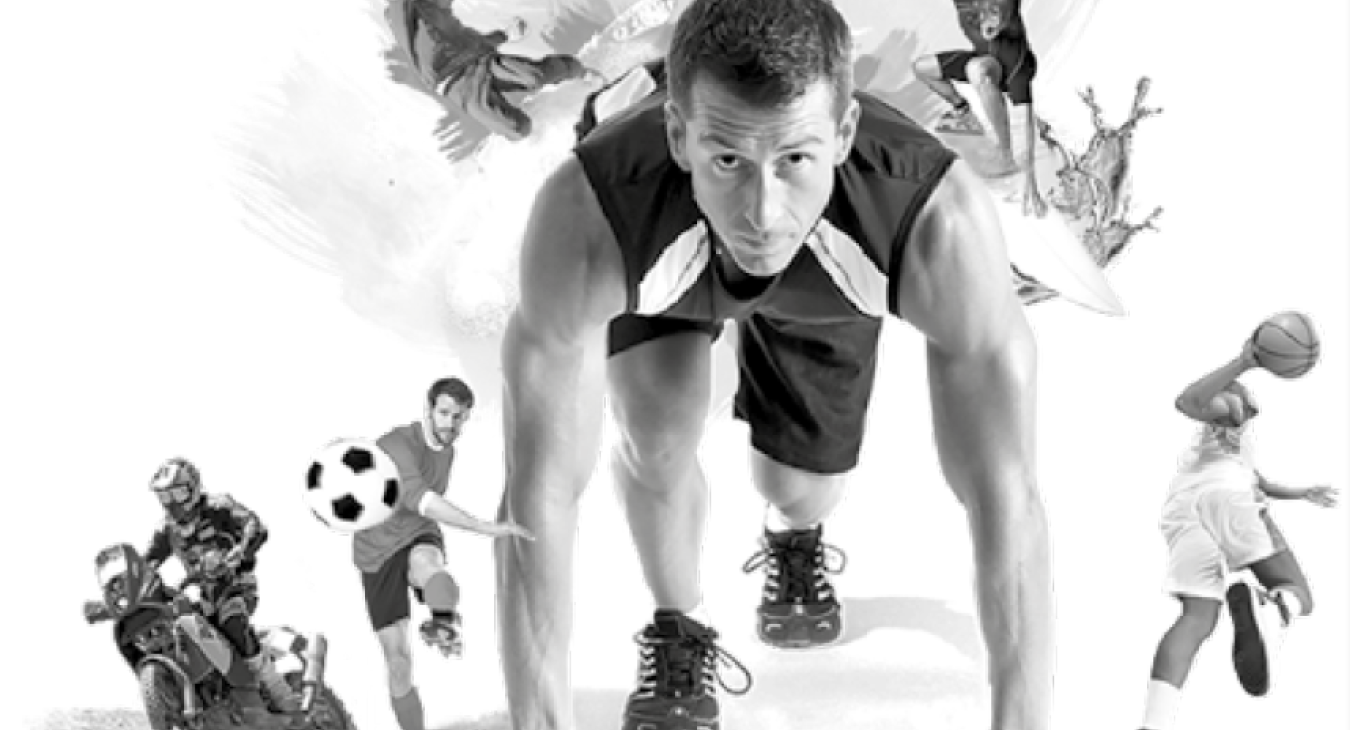On a sunny summer day, your legs will carry you for a run, play volleyball on the beach, or pedal your bike. But is exercising in the heat good for your body?
Regular exercise is the best thing a person can do for their health. This is what experts from Harvard Medical School, WHO, and other equally authoritative organizations believe. According to their logic, it is useful to exercise in any season, and summer is no exception. Moreover, good weather is a powerful natural motivator to finally get off the couch and go out into the fresh air.
Pros
There are many studies in favor of outdoor exercise. A systematic review of 133 scientific papers shows that physical activity in the open air has a positive effect on health: it improves cardiovascular function, reduces the risk of certain types of cancer, obesity, and type 2 diabetes, contributes to a better psycho-emotional state of a person, and even improves the quality of life. Researchers believe that all these effects are based on a combination of factors: sufficient synthesis of vitamin D, better oxygen access, feasible physical activity, socialization. An analysis of data from 2,500 women from the UK Biobank showed that just a couple of minutes of intense exercise outdoors increases the chances of avoiding osteoporosis (compared to women who do not bother with outdoor activities).
Exercise outdoors has several important advantages:
Exercise is much easier to perform, since the fresh air is saturated with oxygen;
the more space, the easier it is to perform complex exercises without the risk of accidentally hitting others;
for running, you can choose new routes, for example, in parks and in nature;
in many green areas, there are areas for strength training, available to all lovers of a healthy lifestyle.
Exercise outdoors is a good reason to meet up with friends or old acquaintances. Together, you can organize competitions in badminton, ping-pong, volleyball, football, basketball or any other group sport. The main thing is to get not only benefits from the exercises, but also pleasure.
Disadvantages
However, the same scientific review emphasizes that fitness in nature also has disadvantages. Researchers note a higher risk of injury, especially when engaging in extreme sports, such as paragliding. But much more popular factors that can negate the benefits of fitness on a hot day are high air temperature and the negative impact of ultraviolet rays on the skin. In sunny weather, the body is forced to spend more energy on thermoregulation, which inevitably affects well-being and the productivity of training. Sweating and blood pressure increase, the pulse quickens, the blood becomes thicker due to moisture loss, which increases the load on the heart.
How to properly do fitness in the summer in the gym and outdoors
When exercising outdoors, you need to remember a few simple rules. Firstly, it is best to exercise in the morning or evening to avoid the midday heat. Secondly, it is better to give preference to training for the development of endurance, flexibility and stretching, as well as strengthening the cardiovascular system. Thirdly, do not forget about safety: if you are in the sun for a long time, it is better to use sunscreen, choose a comfortable hat and drink enough fluids.
To avoid health problems and benefit from outdoor exercise, experts advise:
Choose dawn or dusk for training, when the air temperature and solar activity are minimal. The optimal temperature for fitness, according to SanPiN standards for gyms and recommendations of the American College of Sports Medicine, is 20–23°C with humidity of 20–60%.
Cancel training or move it to an air-conditioned room with an air temperature above +26°C. A small study on professional football players showed that at +30°C, stress biomarkers were statistically significant even in trained athletes.
Use cream with SPF on all exposed areas of the body. Do not forget to apply it to the ears, back of the neck, feet and toes.
Choose lightweight, light-colored clothing and shoes with a moisture-wicking function. High-tech synthetic fabrics cope with this task better than linen or cotton. Sun protection clothing or cream with a high UV protection factor are also necessary when doing water sports.
Take a few sips of water or isotonic drink every 15 minutes of training to avoid dehydration.
Monitor your condition. Heart rate jumps, a feeling of nausea, confusion, sudden dry skin, pallor, cramps are characteristic signs of heat stroke. At the first signs of malaise, it is recommended to go to an air-conditioned room or shade, drink water and take a cool shower.
Well, for those who still prefer to work out in the gym, we also have some tips on organizing training. Experienced trainers and fitness-instructors advise to avoid the duration of strength training, reducing the time of classes, and also to monitor the temperature indicators in the room and the air oxygen saturation. Therefore, it is best to choose fitness clubs that can provide optimal conditions for classes at any time of the year.
